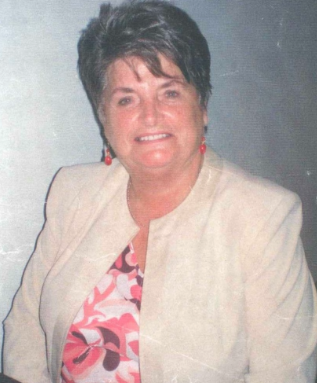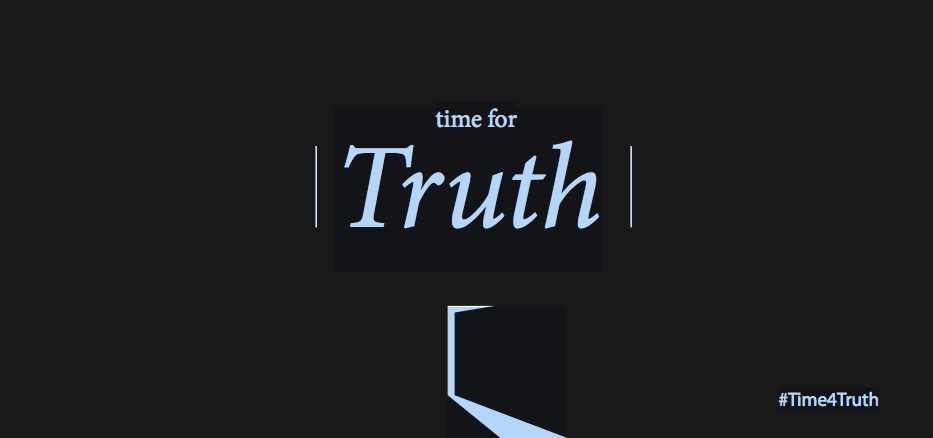Clara Reilly, Chairperson Relatives for Justice – Oct 30th 2014/Stormont & Martin McGuinness, MLA
For over 4 decades I, along with many others including Anne and Frances Murray, Sean McCann, Monsignors Raymond Murray and the late Denis Faul, and many others, documented human rights abuses and campaigned tirelessly for truth and justice in a voluntary capacity.
Through the Association for Legal Justice (ALJ) we documented arrests; detentions; threats; harassment; horrific beatings; torture, including the infamous case of the hooded men that led to the first ever inter-governmental case within the EU where the Irish government took the British government to the European court where they were found guilty of inhumane and degrading treatment. That is torture under Article 3 of the European Convention on Human Rights (ECHR); and sadly of course we documented many, many killings.
When I reflect back on all of this there has been very little tangible justice for those whose rights were violated by the British State. Despite the truth being widely accepted about these events, that is beyond those responsible and their supporters, there has never been proper official accountability. There also remains an intense focus by unionist politicians to maintain a hierarchy of victimhood compatible with their narrow narrative of the past, a hierarchy to which the British government through successive Secretaries of State conveniently consents.
Indeed this too extends to the vilification of families we support.
We would never diminish the hurt, loss and pain of any section of our society, yet this has been the experience of our families.
Last week the British government responded to the Committee of Ministers of Europe concerning detailed submissions made by Relatives for Justice, and our colleagues in the Committee on the Administration of Justice (CAJ), concerning systemic failings across a range of criminal justice institutions that have collectively failed to address killings carried out by the State and its agents.
Forty years on the State still conceals the truth, destroys the evidence, and denies the facts concerning its actions.
The context however has changed with significant rulings in the European Court, most notably the McKerr set of rulings in May 2001 that found the UK government in violation of Article 2 in respect of not conducting proper investigations into a number of State killings including where the State colluded with loyalists.
Building on this work there have been other rulings and scrutiny from Europe.
Earlier this year MEP Martina Anderson, along with RFJ and the PFC, took 26 families to Brussels to present their cases and lobby for support in achieving accountability. Next week the EU Commissioner for Human Rights, Nils Muižnieks, will visit Belfast and deliver the keynote address to an important conference on Article 2 hosted by the University of Ulster’s Transitional Justice Institute (TJI).
This visit by the EU Commissioner is a result of the families’ work along with that of Martina and her staff and I want to pay tribute to her dedicated commitment to families.
It’s important that this work continues and the collective approach of involving families, NGO’s, lawyers, academics, politicians and all those concerned with human rights and creating a better society continues. Importantly families must always be at the centre of this work as demonstrated by Martina.
It’s important that a focus remains on the State who are currently hiding behind the excuse of resources and cuts in order to evade accountability and their Article 2 obligations – it’s that simple – don’t be fooled. And it’s not good enough or acceptable for the British government to simply say that the legacy of the past is a matter for the Executive parties. Its an affront to victims.
RFJ’s position is very clear – all legacy related matters must be resourced directly from London and the British Treasury and not from the block grant. This was something we recently put to the Justice Minister David Ford, MLA, who in turn reiterated support for this position at the Justice Committee on October 1st. It was under London’s watch and the implementation of their ‘security policies’ that these violations occurred. Attempting to wash their hands of responsibility and accountability will not work.
The ALJ worked with a number of young students – in particular one student lawyer stands out, Pat Finucane.
Pat worked with many of the families and successfully advanced cases; took challenges and set legal precedents; he championed cases from shoot-to-kill – the use of lethal force; plastic bullets; and collusion. His success meant he too became a target of the State – the policies he set out to expose with his legal skills were in turn used against him. There must be an inquiry into Pat killing.
Just recently we again had the disgrace of a young West Belfast human rights lawyer, Padraig O’Mhuiri, being subjected to threats and intimidation. We in Relatives for Justice condemn utterly this attempt to detract from the important work on behalf of families that lawyers do.
And so finally – The truth about all these actions must be laid bare; addressed; and lessons learned from. The acceptance of the experience of families affected and impacted by State violence and collusion must be acknowledged and addressed. The British government is not an independent arbiter – they were protagonists in the conflict. Therefore any truth process must be independent of the influence the British government continues to exercise in terms of shielding the extent of their role as a protagonist – whether this is be within the ECHR or any other agreed mechanism.
The families are not going to go away and these issues will not be wished away. The truth will out.
Finally there needs to be commitment to victims and their wider needs by the Executive and the London government. RFJ stand ready for partnership in all these key essential areas of work.












